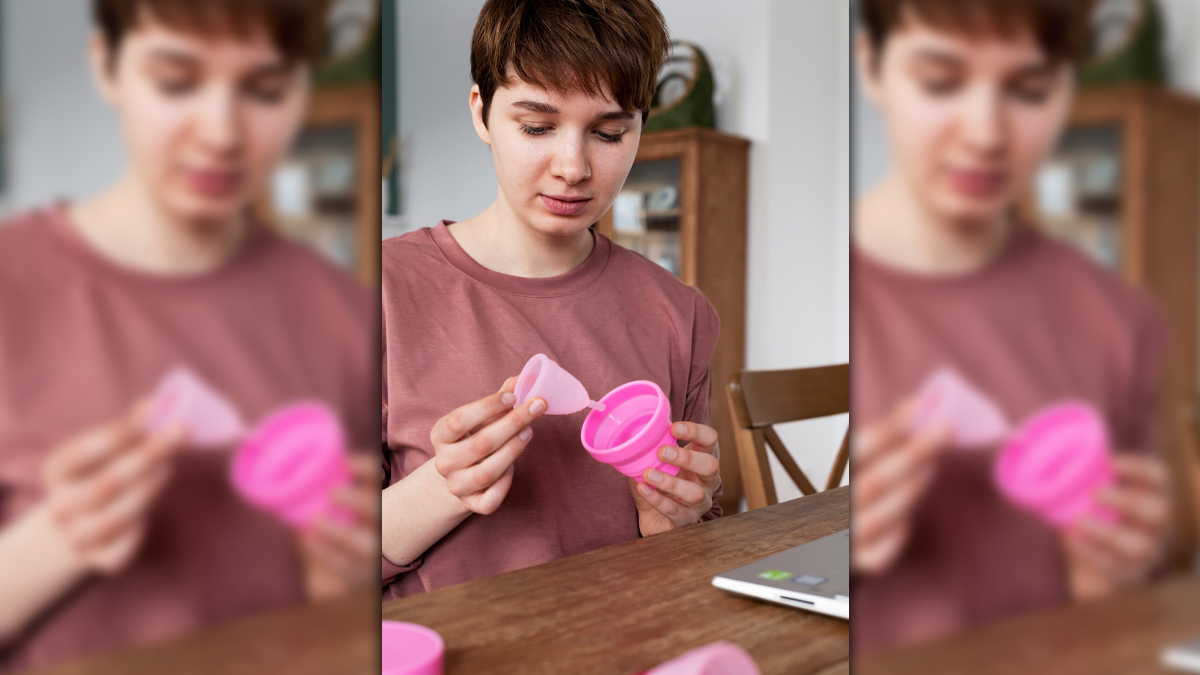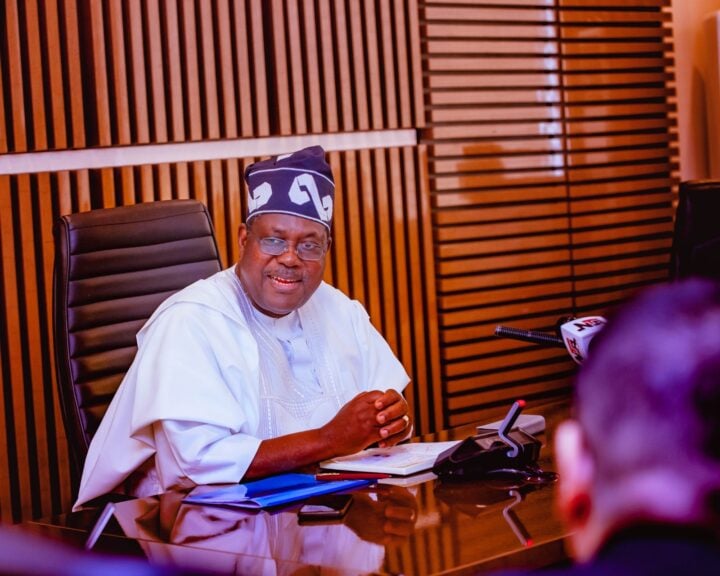Breaking the Silence With A Professional: How To Talk To Your Son About Periods
Menstruation is a natural process of growing up for girls and usually starts once they reach puberty. During this reproductive phase, a female body undergoes numerous changes, sparking curiosity in both girls and boys. Therefore, period education is one of the most effective tools society can use to address the questions of young minds accurately.
Period education is crucial for understanding the menstrual cycle, maintaining health, and practising hygiene. It aims to normalise menstruation and empower individuals. Every year in India, an estimated 23 million girls drop out of school after puberty, according to Dasra.
Period talks aren't just for girls; they're key to building understanding between everyone. When boys learn about menstruation, they develop empathy and help create safe spaces for girls. It's crucial to explore why we should educate our boys about menstruation. While interacting with the team at Only My Health, , explained that if boys are excluded from period education, they might start believing all the stereotypes and taboos associated with it.
Education equips us with the knowledge and understanding of events, their causes, and the processes that underlie them. Likewise, educating boys about menstruation provides them with insights into the experiences of women and girls. This fosters mutual respect and understanding between genders. Period education makes it easy to understand menstruation and eliminate associated taboos.
Talking about menstruation normalises it and lessens stigma, leading to better relationships for men in the future. For boys, period education also serves as an introduction to fertility and pregnancy, allowing them to grasp the concepts of safe sex and reproduction.

While some suggest period education for boys can begin at 5-7 years of age, this might still be too soon for many to understand fully. The goal of education is not to overwhelm them but to guide them in the right direction. Dr Shaikh recommends that boys receive period education around ages 8 and 9, coinciding with when girls begin learning about puberty and menstruation in school.
Parents and teachers can take simple steps, like using simple language, to introduce periods as the initial sign of puberty. By the age of 11-13, boys will start to grasp the biological aspects of menstruation. This will help them understand the importance of hygiene and the emotional and physical changes that girls go through. Dr Shaikh suggests that from age 14, more in-depth subjects, such as menstrual pain, associated social taboos, emotional impact, and how to support girls in their lives, can be taught.
Parents should be the ones taking the first step here. They should encourage their sons if they have any queries, and take an expert’s help when needed. Keep in mind the age appropriateness, which is why our expert has emphasised its importance.
As previously discussed, it is crucial to educate boys about menstruation at an appropriate age. The key is to determine the most effective approach to discuss periods with them, considering what information will best suit their understanding.
First, it is important to introduce the topic of menstruation by explaining the biological process behind it. Period is your body's natural way of shedding the uterine lining each month, which is normal and healthy.
When discussing menstruation with boys, it's important to use precise terminology. Refer to the uterus, vagina, menstruation, and menstrual cycle by their correct names.
Periods often carry a significant taboo, largely centred around the blood itself. It's important to understand the origin and nature of this blood.
Teaching basic anatomy helps children develop empathy and provides a foundation for supportive behaviour as they grow.
Beyond the fundamental understanding, it's crucial to explain the pain and discomfort menstruation brings. This includes stomach cramps that can persist for hours, and other common symptoms, such as backaches, headaches, extreme tiredness, flu-like symptoms, and significant mood swings. Despite these challenges, girls and young women still bear the weight of their daily responsibilities at home, which can be particularly burdensome for them.
We need to explain to boys that periods are not just about bleeding and come with hormonal changes, which can make girls feel sad, angry, or emotionally overwhelmed, and it’s not something they can control. A study on psychiatric symptoms in adult women across the menstrual cycle, conducted by the National Library of Medicine, revealed the impact of periods on mental health. Women faced:
The study revealed that these symptoms are found in women during the premenstrual and menstrual phases. The progesterone to oestradiol ratio plays a vital role in it, and its treatment requires understanding the role of ovarian hormones.
It's easy to overlook how much periods can affect mental health. The hormone changes during the menstrual cycle, especially in oestrogen and progesterone, can mess with how someone feels emotionally. These changes often bring on a bunch of emotional and psychological symptoms. You might notice big mood swings, where you're suddenly happy, then sad, then angry for no clear reason. Feeling irritable is also common, making you more frustrated and less able to handle everyday stress.
It's common for people to feel more anxious, ranging from just a bit uneasy to full-blown panic attacks, along with other usual symptoms. Plus, those hormone changes can also kick off or intensify depression, leaving you feeling down, hopeless, uninterested, and tired.
How much this affects you emotionally and psychologically depends on the person; some might cause minor, temporary shifts, while others go through a lot of distress that messes with their daily life, relationships, and overall well-being. This shows how closely hormones and your brain chemistry are connected, highlighting why it's so important to get a personalised approach to understanding and managing things.
Over time, girls learn to manage these physical and emotional changes every month, but that doesn’t make it easy. Some girls have regular, painless periods. Others might face heavy flow, intense pain, or even skip periods for months during puberty, which might require medical attention. It’s not the same for everyone; each girl’s experience is unique and can change with age. That’s why boys need to be informed, to show empathy, avoid teasing, and offer support. Understanding menstruation helps build respect, compassion, and equality.
Talking to boys about periods and helping them understand how difficult it is for girls to manage work and education will teach them to show empathy and offer the support menstruating women need. By teaching about menstrual hygiene and period awareness, we can create a more supportive environment for girls.













